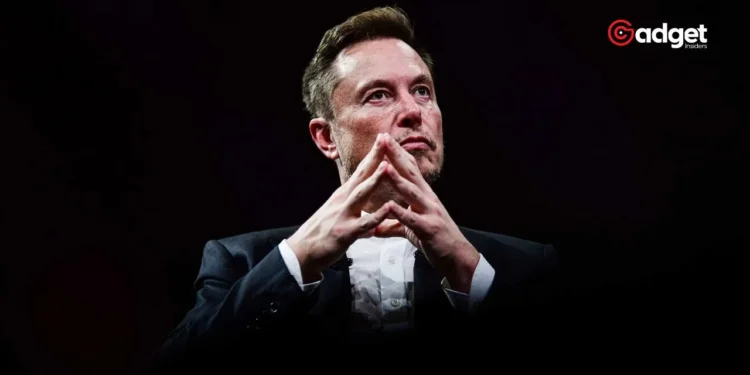In an era where technology consistently shapes our everyday lives, few voices are as influential or as eagerly heard as Elon Musk’s. As a vanguard of innovation, Elon Musk has transformed industries with companies like Tesla, SpaceX, and X (formerly Twitter).
His latest predictions about the future of work may sound like science fiction, but they’re grounded in a rapidly approaching reality. Elon Musk suggests that, in the not-so-distant future, jobs might no longer be necessities but choices, akin to hobbies we pursue for personal fulfillment rather than financial stability.
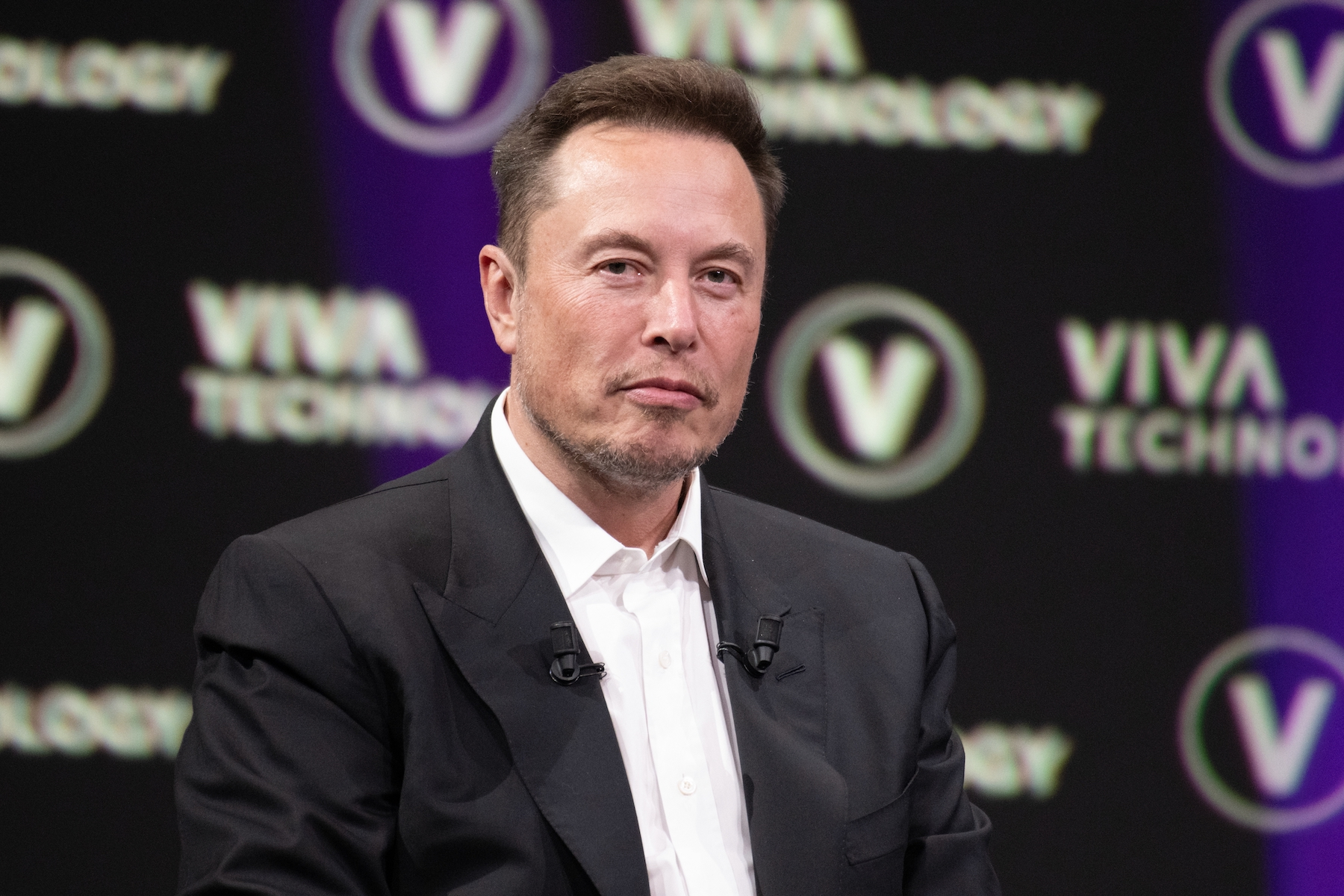
A Paradigm Shift in Employment
Speaking at the recent VivaTech conference in Paris, Musk painted a picture of a world where artificial intelligence and robotics handle all essential production and services. “In a benign scenario probably none of us will have a job,” Elon Musk declared, hinting at a society flush with goods and services, devoid of material scarcity. He adds an optimistic note, predicting a “universal high income” that will ensure everyone’s needs are met without the traditional need for employment.
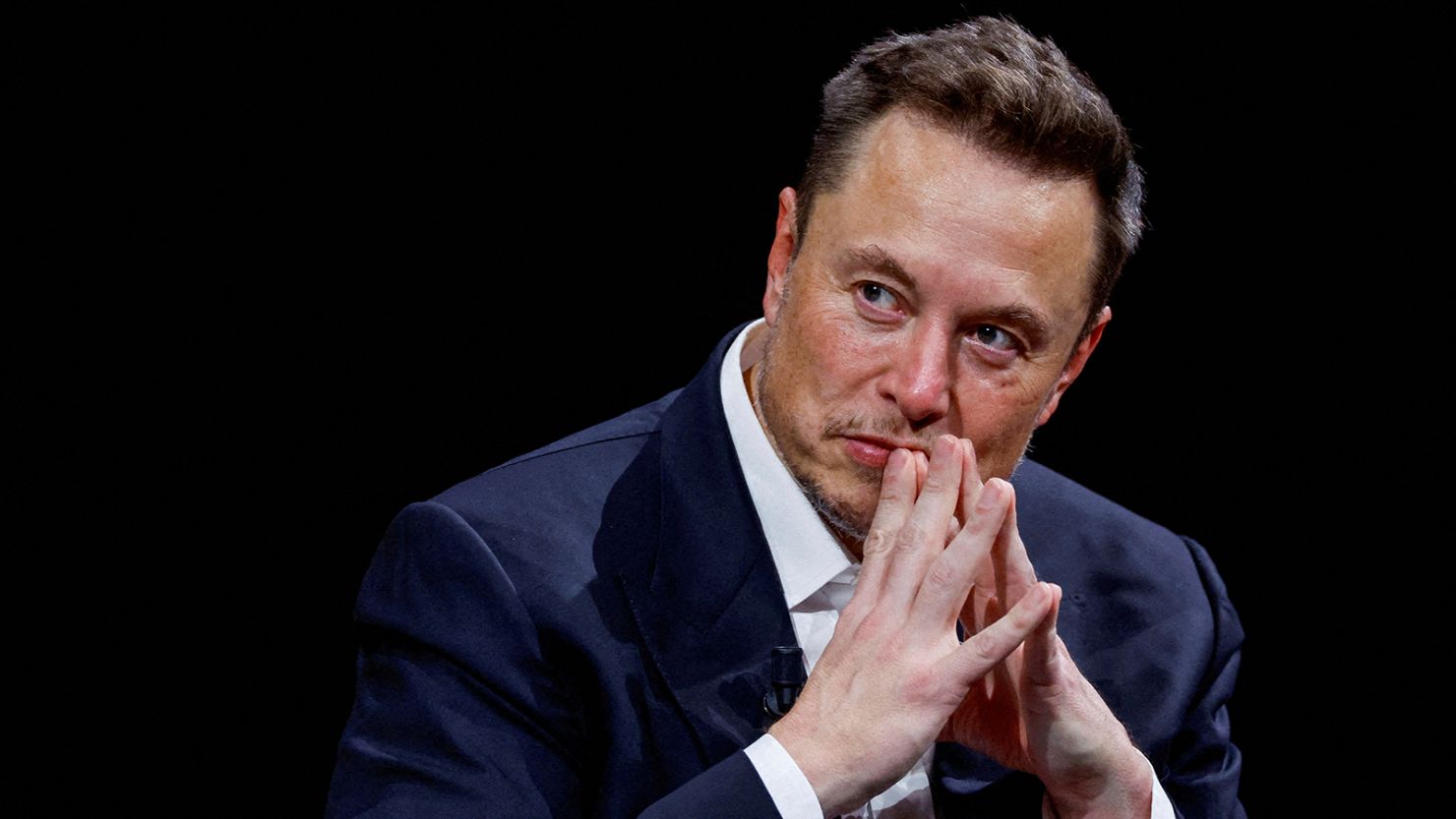
The Automation Utopia: Too Good to Be True?
Musk’s vision extends beyond just economic changes. He questions deeper existential themes, pondering, “If a computer and robots can do everything better than you, does your life have meaning?”
This query resonates with many who find their sense of purpose intertwined with their careers. Musk’s perspective forces us to reconsider what gives our lives meaning when work is no longer a survival necessity.
Public Perception and AI’s Impact on Careers
Musk’s forecast comes at a time when public sentiment about AI’s role in the workplace is mixed. A survey by PwC found a significant portion of the workforce anticipatory of AI’s impact, with some expecting to be replaced by automation.
However, many also see potential benefits, such as improved work efficiency and new career opportunities. Musk himself suggests that future work will be optional, a choice driven by personal interest rather than economic need.
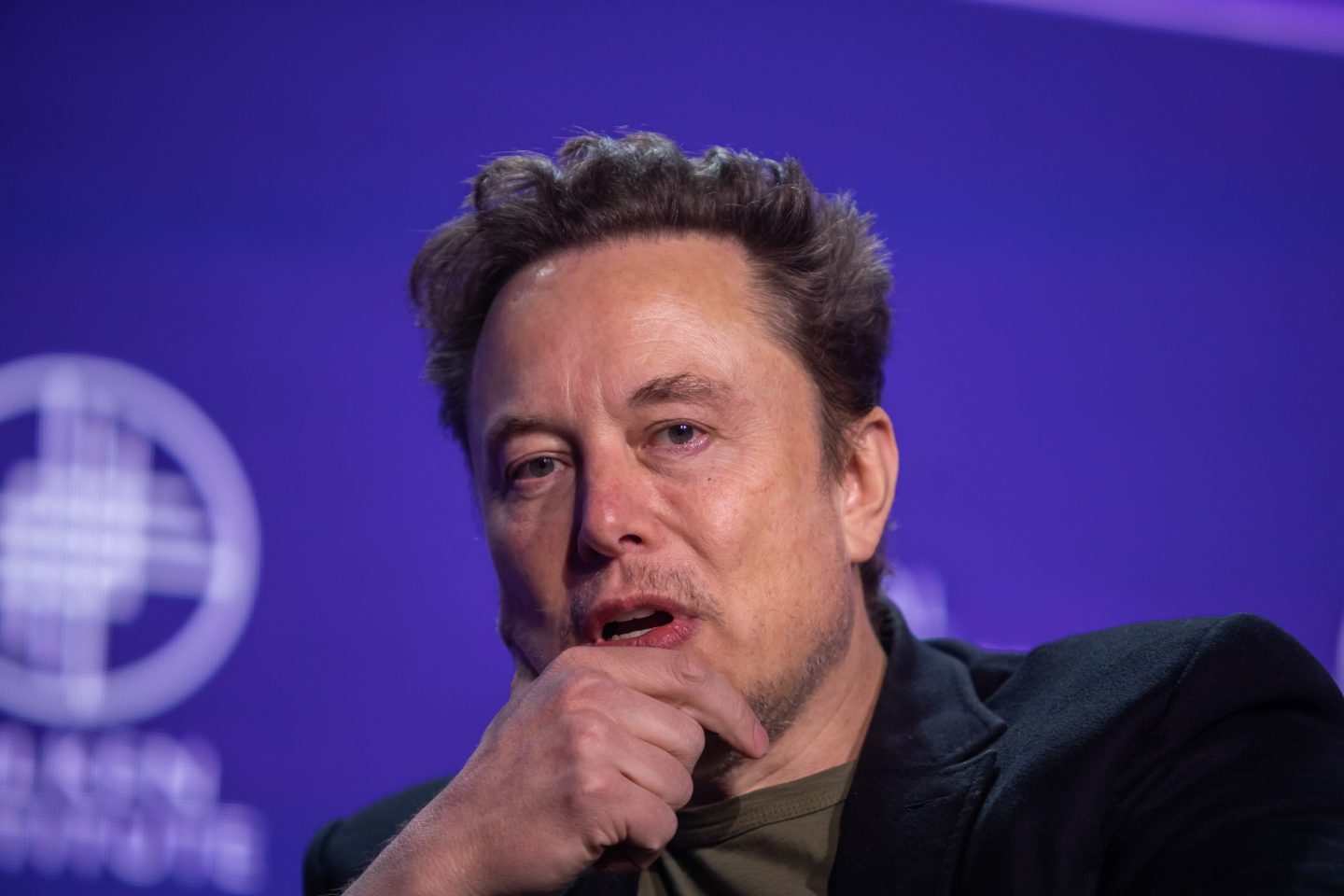
The Implications of Casual Work
Imagine a future where any job is optional, where pursuing a career is akin to embracing a hobby. This is the future Musk envisions—one where AI and robotics not only cater to our basic needs but also open avenues for pursuing passions without the pressure of making ends meet. It’s a compelling vision that promises a break from the grind, offering a life of leisure and choice. But it also begs the question: what will motivate us when our basic needs are no longer tied to our labor?
The Flip Side: Elon Musk’s Cautions on AI
Despite his optimistic view, Elon Musk remains a critical voice in discussions about AI’s risks. His concerns are not unfounded, as echoed in his participation in initiatives like the Future of Life Institute’s letter, which calls for cautious governance of AI development.
Musk warns of a potential dystopian future where, if AI goes awry, “humanity would be in deep trouble.” He stresses the importance of ensuring that AI systems are designed to complement human emotional and intellectual needs.
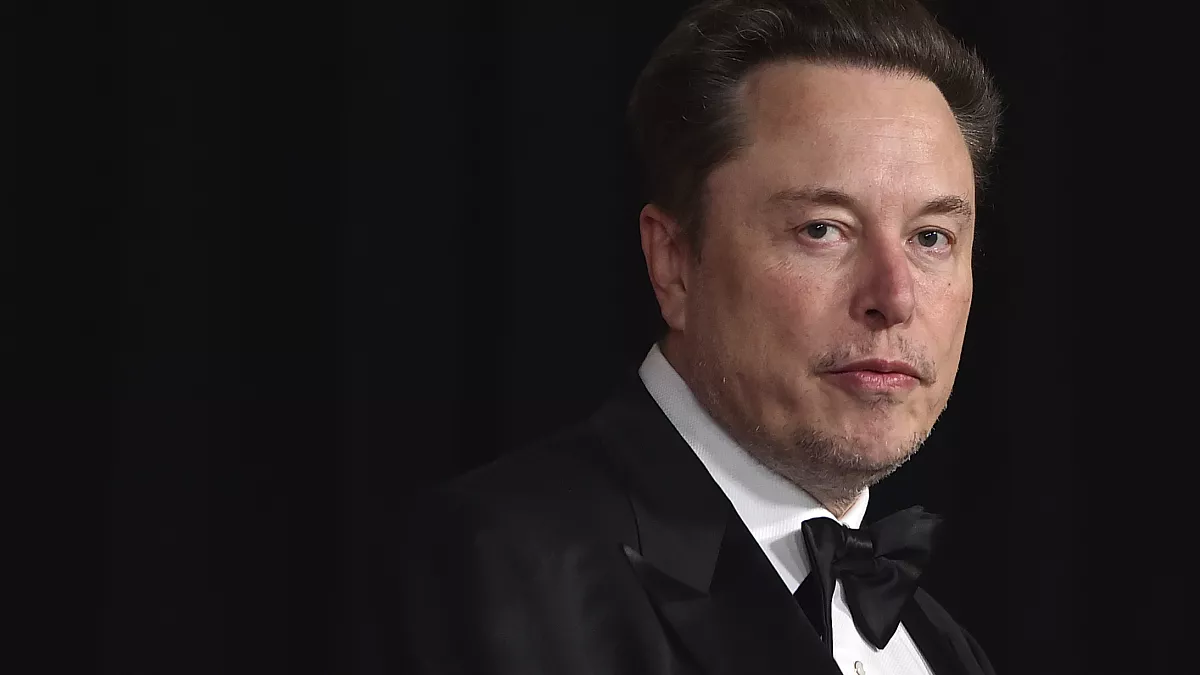
A New Relationship: Humans and AI
Musk offers a philosophical take on the potential symbiosis between humans and AI: “Maybe we are what gives the AI meaning or purpose.” He compares the interaction between AI and human cognition to the interplay between the cortex and the limbic system, suggesting that just as our brains seek to satisfy emotional needs through rational thought, AI might serve to enhance our intellectual and emotional fulfillment.
Conclusion: A Thought-Provoking Vision
Elon Musk’s projections about the future of work challenge our traditional paradigms about employment, productivity, and meaning. While his vision of a leisure-driven future where work is optional is alluring, it also serves as a catalyst for deeper questions about identity and purpose in an automated world. As we stand on the brink of significant technological advancements, Musk’s reflections offer a valuable framework for considering how we might navigate the promises and perils of a new era dominated by AI.
Whether this future is a utopia or a cautionary tale remains to be seen, but one thing is clear: the conversation about the role of work in our lives is changing, and it’s a discussion we need to engage in earnestly.

